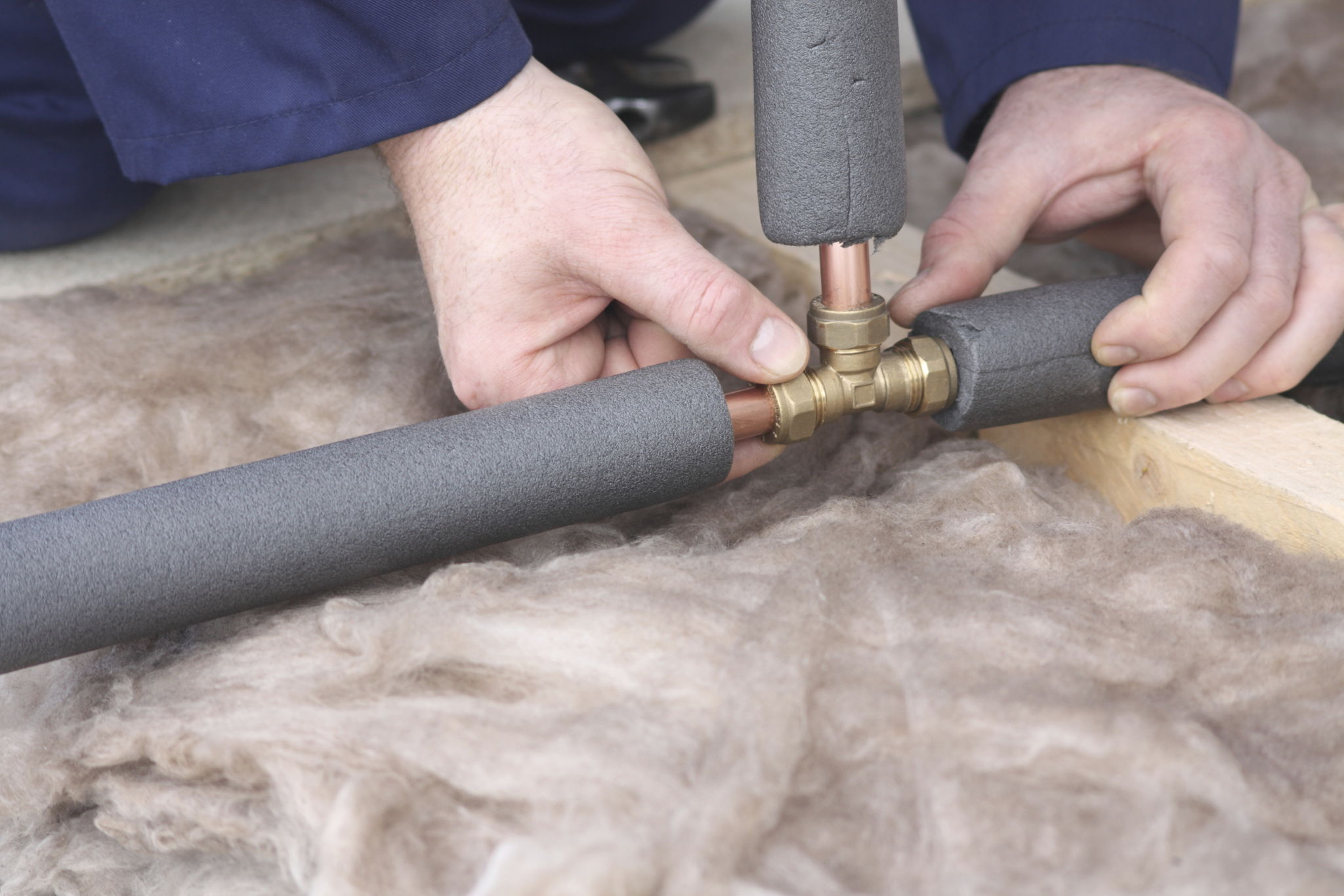Preparing Your Seattle Home for Winter: Essential Plumbing Tips
As the crisp air of fall begins to settle in Seattle, homeowners need to start thinking about preparing their homes for the colder months ahead. One of the most crucial areas that require attention is your plumbing system. Proper preparation can help prevent costly repairs and ensure a worry-free winter season.
Inspect and Insulate Pipes
Seattle's winter temperatures can drop significantly, increasing the risk of frozen pipes. To avoid this, it's essential to inspect all exposed pipes in unheated areas, such as basements, attics, and garages. Look for any signs of wear or leaks, and address these issues promptly.
Insulating your pipes is a straightforward and effective solution to prevent freezing. Use foam pipe insulation or heat tape to wrap around the pipes, providing an extra layer of protection against the cold. This simple step can save you from the hassle and expense of dealing with burst pipes.

Drain Outdoor Faucets and Sprinklers
Outdoor faucets and sprinkler systems are often overlooked but are highly susceptible to freezing. Before the first freeze, disconnect hoses from outdoor faucets and ensure all water is drained. If your home has a shut-off valve for outdoor water sources, turn it off to prevent any remaining water from freezing and causing damage.
For sprinkler systems, it's best to consult with a professional to properly drain and winterize them. This ensures that the pipes won't crack or burst when temperatures plummet.
Check for Leaks
Detecting leaks early can save you from significant issues down the line. Check all faucets, toilets, and visible pipes for any signs of leaks. Even a small drip can lead to increased water bills and potential water damage if left unaddressed.

If you find any leaks, repair them promptly or hire a professional plumber to handle more complicated issues. It's also wise to keep an eye on your water meter; an unexpected increase in usage can indicate a hidden leak.
Maintain Your Water Heater
Your water heater works overtime during the winter months, so it's important to ensure it's in good working condition. Start by checking the temperature setting; it should be set to around 120 degrees Fahrenheit for optimal performance and energy efficiency.
Consider flushing the tank to remove sediment buildup, which can reduce efficiency and lifespan. If your water heater is more than ten years old or showing signs of wear, it might be time to consider a replacement to avoid unexpected breakdowns during the coldest months.

Preventative Measures Inside the Home
Inside your home, there are additional steps you can take to safeguard your plumbing system. Keep cabinet doors under sinks open during extremely cold weather to allow warm air circulation around the pipes. This simple action can help prevent freezing in vulnerable areas.
If you'll be away from home for an extended period during winter, leave the heat on at a minimum temperature of 55 degrees Fahrenheit. This precaution helps protect your entire plumbing system from freezing while you're away.
Know What to Do in Case of a Frozen Pipe
Despite your best efforts, pipes may still freeze during particularly harsh weather. If you suspect a pipe has frozen, act quickly but cautiously. Turn off the main water supply to prevent any potential bursts and use a hairdryer or warm towel to gently thaw the pipe.

Avoid using open flames or high heat sources, as these can damage the pipe or cause a fire hazard. If you're unable to thaw the pipe safely or if it has burst, contact a professional plumber immediately for assistance.
By taking these essential plumbing precautions, you can protect your Seattle home from winter's chill and enjoy peace of mind throughout the season. A little preparation goes a long way in preventing plumbing disasters and keeping your home cozy and secure.